The United Nations removed “famine” label from South Sudan and Somalia, but stresses the countries are still in extreme peril
Earlier this week, the United Nations declared an end to the famines—which have been caused by multiple factors, including major conflict, high food prices, and low harvests—in South Sudan and Somalia. Despite this positive news, though, the U.N. and the humanitarian community stress that hunger, starvation, and food insecurity loom closely on the horizon. In fact, the U.N.’s World Food Program (WFP) states the crisis is actually getting worse and that “removing the label of famine does not mean the situation has actually improved.”
The most recent Integrated Food Security Phase Classification (IPC) report for South Sudan projects that “approximately 45,000 people estimated to be facing Humanitarian Catastrophe,[1] an estimated 1.7 million people are likely to be facing food security emergency (IPC Phase 4) – one-step below Famine on the IPC scale” [emphasis added]. In June, half the population—6 million people—are been estimated to be in a “crisis, emergency or catastrophe situation.”
Similarly, in Somalia, the World Food Program estimated that 3.2 million people still face extreme food security, with 350,000 children malnourished and 70,000 severely malnourished. A shortage of funding, though, threatens this recent success. For example, WFP country director in Somalia, Laurent Bukera, has stated that in Somalia, without $300 million for the next six months, assistance to 2.5 million people will have to be dropped.
Uganda hosts Refugee Solidarity Summit
Every year World Refugee Day is held on June 20. Instituted by the United Nations General Assembly in December 2000, the day was first observed in March 2001 and recognizes the strength, courage and perseverance of the many refugees across the world. Starting Thursday, Uganda hosted the first Refugee Solidarity Summit. The two-day summit, co-chaired by Ugandan President Museveni and U.N. Secretary-General Antonio Guterres, aimed at raising $2 billion per year over the next four years in order to improve Uganda’s ability to tend to the 1.3 million refugees it is presently hosting. The European Union has pledged $95 million euros to help fund Uganda’s refugee response. This money will help fund operations for three months, starting this June.
Seventy-three percent (more than 900,000) of the refugees present in Uganda arrived from South Sudan, a population that is set to increase in coming months as Uganda receives 2,000 new daily arrivals from its neighbor. The country is the world’s second-largest refugee host, behind Turkey. The high number of refugees has taken a toll on Uganda’s environment, notably in the form of desertification and depleted water supply. During the summit, Guterres warned that the large hosting of refugees by developing countries could have “a dramatic impact” in their economy, society and security. Moreover, he urged countries to protect their borders while increasing their resettlement quotas and offering protection to asylum seekers who need protection.
The most recent ceasefire in the Central African Republic gets off to a rocky start
Early this week, leaders from various armed groups in the Central African Republic (CAR) signed a ceasefire agreement following years of conflict that has left thousands dead. Ethno-racial violence broke out originally in 2013 between the Muslim Séléka rebels and the largely Christian anti-Balaka militia, after a Séléka-led coup. Since then, the CAR elected a new president, Faustin Archange Touadéra, who claimed last year that the CAR had returned fully to stability and constitutional legality. Violence among offshoots of these groups and various militias, though, still continues.
The latest ceasefire is the fourth agreement in a series of unsuccessful peace accords in the CAR: Brazzaville in 2014, Nairobi in 2015 and parts of the Bangui Forum in 2015. The 2017 agreement was spearheaded by a Rome-based Catholic organization, the Sant’Egidio Community, which mediated discussion between 13 of the 14 armed groups active in the CAR.
Concerns that the agreement may not be respected by fighters on the ground intensified just hours after the ceasefire, when heavy fighting ensued between armed groups. About 100 people were reported dead. Among the most vulnerable to fighting have been people with disabilities, who have a harder time fleeing from the violence, getting food during distributions, and using showers and toilets at camps that lack ramps.
The U.N. is working to accelerate the aid process in CAR. More than 50 percent of CAR’s population requires humanitarian assistance, and $2.2 billion has already been secured from the international community. However, there have also been setbacks. The U.N. on Wednesday announced that the Republic of Congo will withdraw its troops from the CAR due to a review that found “systemic problems in command and control.” U.N. expert Marie-Thérèse Keita Bocoum has also characterized the present situation in the CAR as “unsustainable,” as action by armed groups is spreading at a worrying rate in central and southern areas.
Shobhit Kumar contributed to this post.
[1] In IPC Phase 5 Catastrophe households are expected to have extreme lack of food and/or other basic needs even with full employment of coping strategies where starvation and destitution are evident.
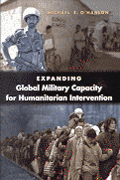
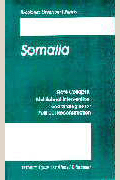


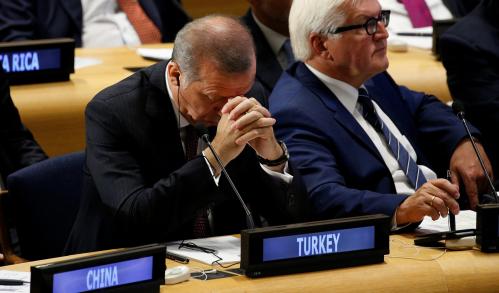
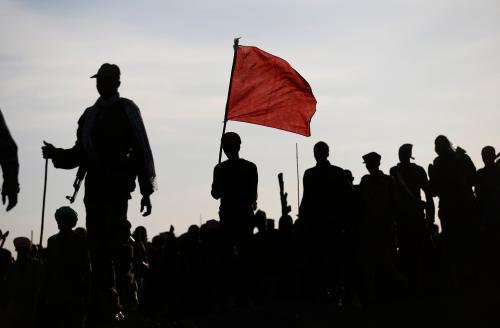


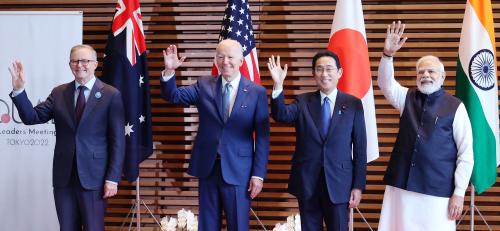
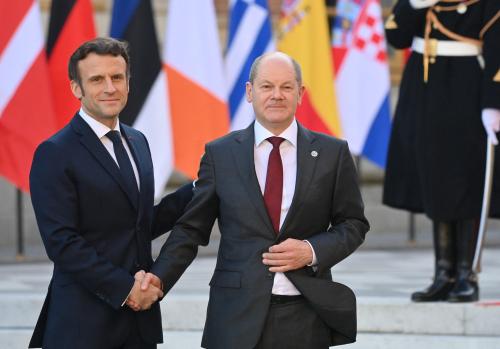
Commentary
Africa in the news: ‘Famine’ label somewhat lifted, Solidarity Summit hails refugees, and CAR signs an unstable ceasefire
June 23, 2017